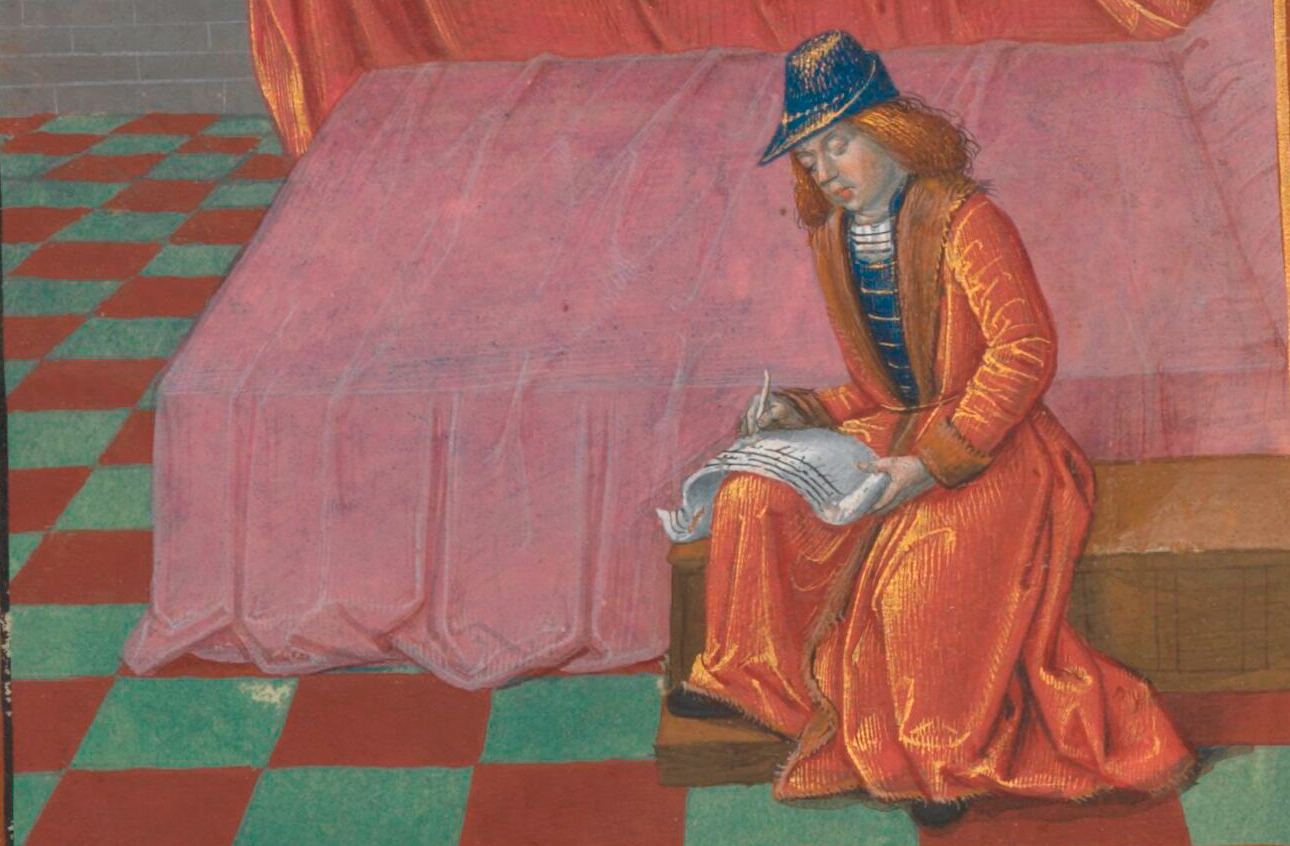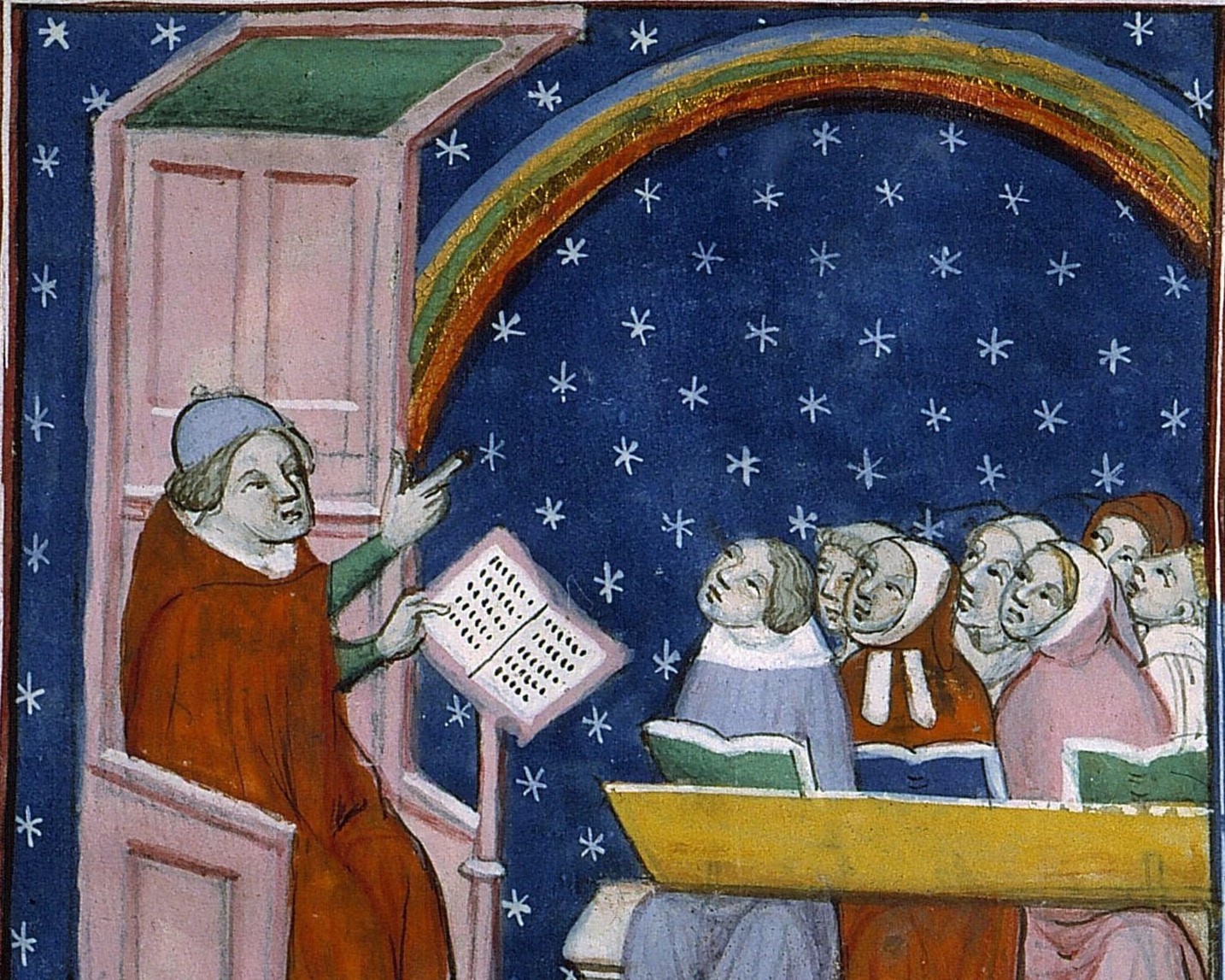About
Biblissima+ is a structuring facility for research (EquipEx+) based around 7 areas of expertise bringing together researchers, curators and engineers on a national scale to study ancient texts and their transmission throughout History.
Community
Biblissima+ brings together 17 teams working on ancient written traditions, from Antiquity to the computational humanities, within a consortium of 15 higher education and research institutions, one private company and the Ministry of Culture.
Organisation
The governance of Biblissima+ is ensured by a Supervisory Monitoring Committee, an Executive Committee and an Executive Board supported by an international Advisory Board. The digital infrastructure is managed by the Biblissima+ Portal team.
Biblissima+ Calls for Projects
Biblissima+ allows young researchers or organisations that are not necessarily part of its founding partners to benefit from its means of action for research, documentation, digitisation and valorization operations focusing on historical collections of manuscripts, early printed books or other text-bearing objects, or to develop new tools and new usage of its portal.
The fifth call for expression of interest Biblissima+ (2025-2026) is open since September 16, 2025.
It will be closed on January 30, 2026.


